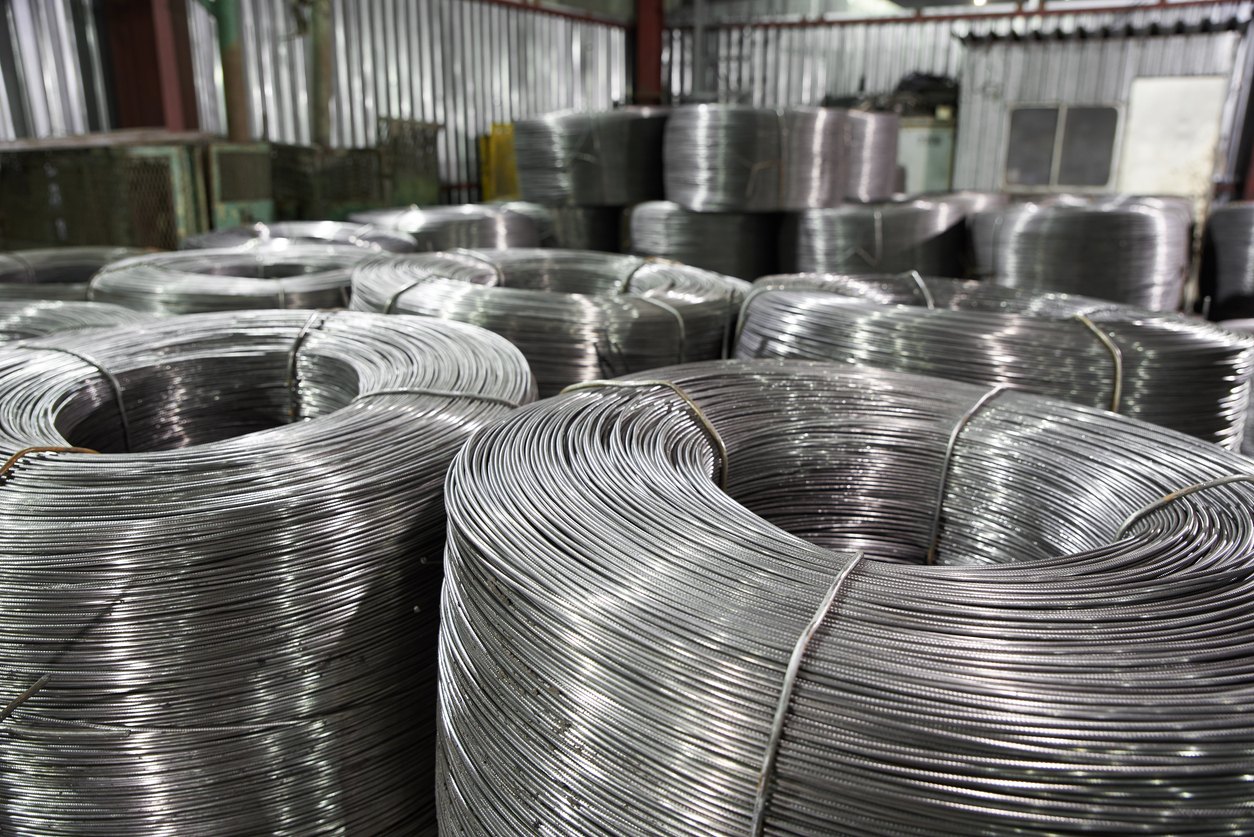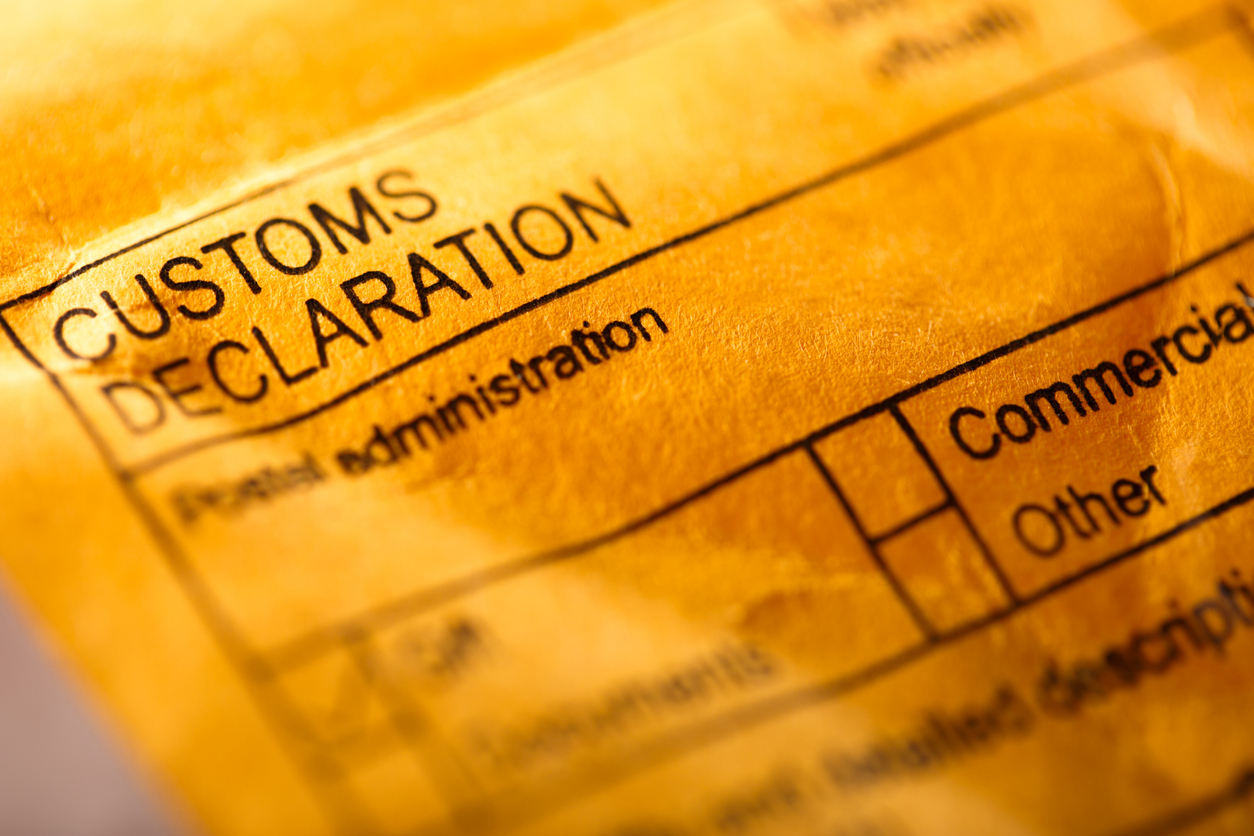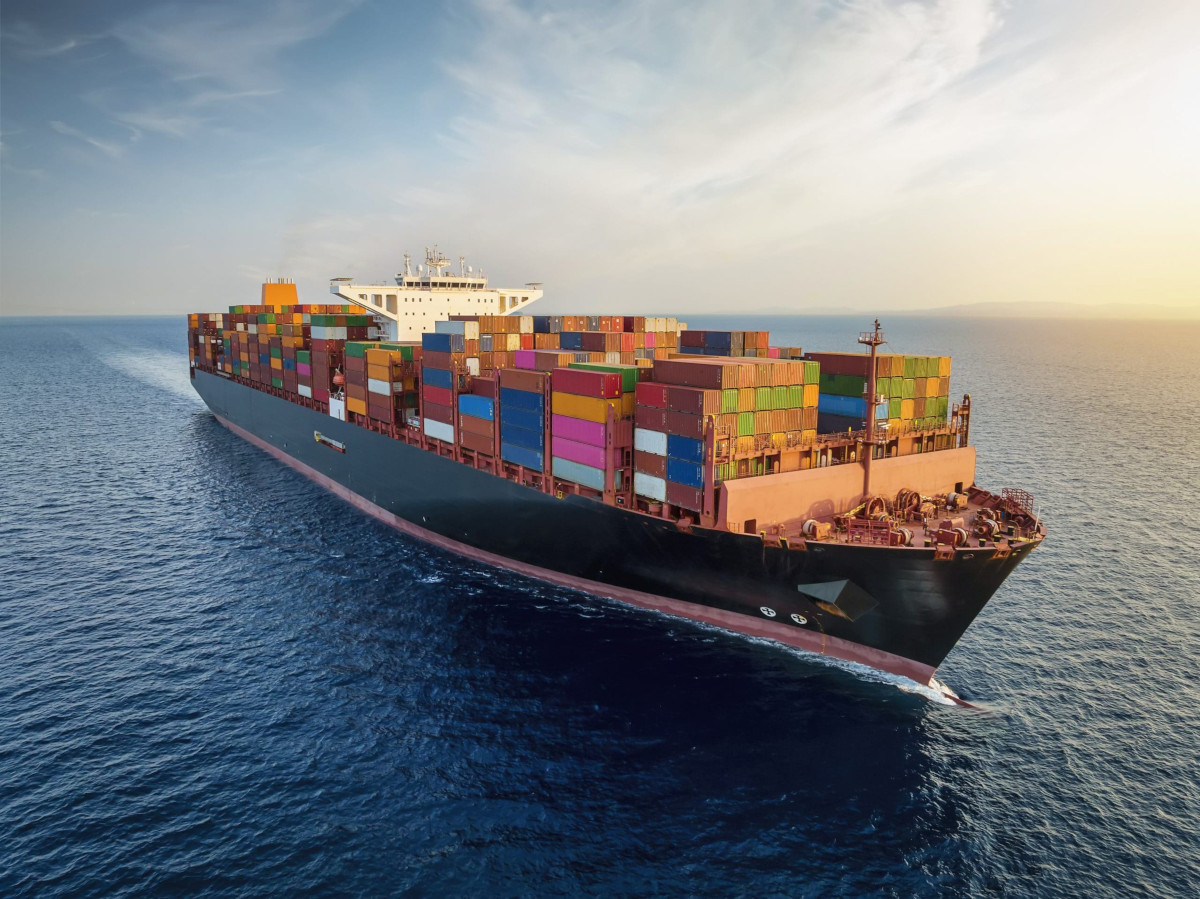Firm allegedly misclassified and misstated the “country of origin” of aluminum wire it imported from China
A Florida cable and wire importer and distributor has been sued by the U.S. government for allegedly evading more than $28 million in customs duties on hundreds of shipments of aluminum wire imported from China.
Repwire of Miami falsely misclassified and misrepresented the “country of origin” or “COO” of the imports, circumventing Section 301 tariffs of 25% and antidumping and countervailing duties totaling more than 75%, the government has alleged.
Misclassification of Imports
Prior to 2018, Repwire had classified the aluminum wire it imported from China correctly—as “wire without connectors” subject to U.S. Harmonized Tariff Schedule (“HTS”) code 8544.49.9000—and duly paid the 3.9% in customs duties it owed.
In August 2018, however, the U.S. Trade Representative, pursuant to Section 301 of the U.S. Trade Act, imposed special additional tariffs on a broad range of Chinese goods.
The tariffs, which were initially set at 10% and later raised to 25%, covered Repwire’s HTS code 8544.49.9000 merchandise.
In response, Repwire began incorrectly declaring its imports under the HTS code for a distinct category of products, namely, “wire fitted with connectors” under HTS Code 8544.42.9090, to which Section 301 tariffs were at that time inapplicable, according to the government’s complaint.
Apparently to support that HTS code misclassification, Repwire allegedly affixed supposed “connectors” to the wires it entered through customs. However, the devices it added were “nonfunctional” and simply an “artifice to avoid duties,” according to the government.
Misdeclaration of the Country-of-Origin
Then, in September 2018, the U.S. Trade Representative expanded the coverage of the Section 301 tariffs to include HTS code 8544.42.9090 merchandise from China, too.
In response to that change, Repwire began falsely declaring other countries—Singapore or Korea—as the supposed “country of origin” of its imports, according to the government.
Nevertheless, their true country of origin was always China, the government alleged.
Its false “country of origin” statements allegedly enabled Repwire to circumvent not only the Section 301 tariffs but also applicable antidumping and countervailing duties (“AD/CVDs”).
AD/CVDs are extra customs duties assessed by the U.S. Department of Commerce to level the playing field for domestic industries injured by unfairly traded imports.
Commerce imposed AD/CVDs totaling more than 75% on aluminum wire and cable from China in 2019.
Customs Fraud and Whistleblower Lawsuits
While the lawsuit against Repwire is a government enforcement action, the knowing evasion of customs duties or tariffs can also be grounds for whistleblower cases under the False Claims Act.
The False Claims Act is a federal statute which imposes substantial liabilities on parties that knowingly defraud the U.S. government or its agencies, including U.S. Customs and Border Protection (“CBP”).
It authorizes private parties known as qui tam “relators” or whistleblowers to bring lawsuits on the government’s behalf and entitles them to 15%-30% of any recovery as a reward.
Those rewards can be large as the statute authorizes the recovery of three times or “trebled” damages, plus penalties against violators.
In 2023, the U.S. Department of Justice paid whistleblowers a total of $349 million in rewards under the False Claims Act.
Customs fraud robs the U.S. taxpayer and unfairly disadvantages law-abiding importers. It is believed to be rampant yet difficult to detect. CBP relies heavily on customs fraud whistleblowers for its exposure.
Schemes to evade customs duties typically involve imports subject to particularly high duty or tariff rates such. Section 301 tariffs and AD/CVDs are prime examples. The latter can involve hundreds of percent in added duties.
Customs fraud whistleblowers are ordinarily current or former employees of importers, but they can also be business counterparties, competitors, industry analysts and industry consultants—anyone with knowledge or information of import duties being knowingly being evaded.
Customs fraud whistleblowers can be from any country and need not live in the United States.
Blow the Whistle on Customs Fraud
If you know of an importer committing customs fraud, contact experienced customs-fraud whistleblower attorney Mark A. Strauss for a free and confidential consultation. All communications with Mr. Strauss are protected by attorney-client privilege.
You must file a False Claims Act whistleblower lawsuit, and be represented by an attorney, to be eligible for a qui tam whistleblower reward. Merely tipping off CBP by other means is not enough to receive one.





